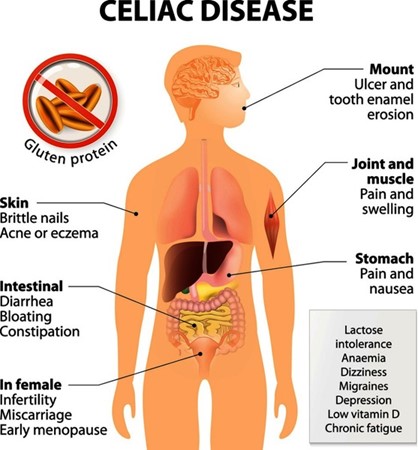A nurse is assessing a child who is postoperative following a tonsillectomy. Which of the following findings is a manifestation of hemorrhage?
increased pain
Frequent swallowing
Poor fluid intake
Drooling
The Correct Answer is B
Correct answer: B
A. Increased pain: Increased pain is a common and expected finding after a tonsillectomy. The surgical removal of tonsils creates wounds in the throat, which can cause discomfort and pain during the healing process. However, increased pain alone is not a specific manifestation of hemorrhage. Hemorrhage would be indicated by other signs, such as drooling, frequent swallowing, or vomiting blood.
B. Frequent swallowing: This can indicate that the child is swallowing blood, which is a common sign of bleeding at the surgical site. Children might not always show obvious signs of bleeding in the mouth, so frequent swallowing can be a subtle but critical indicator of hemorrhage.
C. Poor fluid intake: Poor fluid intake is a common concern after a tonsillectomy due to postoperative pain and discomfort in the throat. The child may be reluctant to drink or eat initially because of their sore throat. However, poor fluid intake alone is not an indicative sign of hemorrhage. Hemorrhage would present with other symptoms, such as drooling, frequent swallowing, or vomiting blood.
D. Drooling: While drooling can occur due to discomfort, pain, or difficulty swallowing, it is not as specific or immediate a sign of hemorrhage as frequent swallowing.
Nursing Test Bank
Naxlex Comprehensive Predictor Exams
Related Questions
Correct Answer is C
Explanation
Consuming a large amount of milk, such as a quart a day, can lead to iron deficiency anemia in toddlers. Milk is a poor source of iron, and excessive milk intake can displace other iron-rich foods from the toddler's diet.
Iron deficiency anemia occurs when the body lacks sufficient iron to produce enough hemoglobin, which is essential for oxygen transport in the blood. Toddlers are particularly vulnerable to iron deficiency anemia because they have increased iron needs for growth and development.
Option A (Obesity) and option B (Diabetes mellitus) are not directly related to the toddler's milk consumption. Obesity may be a concern if the child consumes excessive calories overall, but it is not specifically associated with milk intake. Similarly, diabetes mellitus is not directly related to milk consumption.
Option D (Rickets) is caused by a deficiency of vitamin D, not iron. Rickets results in weakened and deformed bones, and it is usually associated with inadequate sunlight exposure and insufficient dietary vitamin D. While milk is often fortified with vitamin D, excessive milk intake can displace other vitamin D sources in the diet and contribute to an increased risk of rickets, but the primary concern with excessive milk intake is iron deficiency anemia.
Correct Answer is B
Explanation
When providing teaching to a parent of a child with celiac disease, the nurse should recommend food choices that are gluten-free. Celiac disease is an autoimmune disorder triggered by the ingestion of gluten, which is a protein found in wheat, barley, rye, and their derivatives. Gluten damages the small intestine lining in individuals with celiac disease, leading to various gastrointestinal and nutritional issues.
The correct food choice for a child with celiac disease is B. Rice. Rice is naturally gluten-free and can be a safe and nutritious option for individuals with celiac disease. Other gluten-free options include corn, quinoa, oats (certified gluten-free oats), potatoes, and many fruits and vegetables.
A. Barley: Barley contains gluten, which is harmful to individuals with celiac disease. It should be avoided in the child's diet.
C. Rye: Rye also contains gluten and should be avoided in the child's diet. It can cause damage to the small intestine in individuals with celiac disease.
D. Wheat: Wheat is a primary source of gluten and is strictly off-limits for individuals with celiac disease. It is essential to avoid all wheat-containing products, including bread, pasta, and baked goods.

Whether you are a student looking to ace your exams or a practicing nurse seeking to enhance your expertise , our nursing education contents will empower you with the confidence and competence to make a difference in the lives of patients and become a respected leader in the healthcare field.
Visit Naxlex, invest in your future and unlock endless possibilities with our unparalleled nursing education contents today
Report Wrong Answer on the Current Question
Do you disagree with the answer? If yes, what is your expected answer? Explain.
Kindly be descriptive with the issue you are facing.
